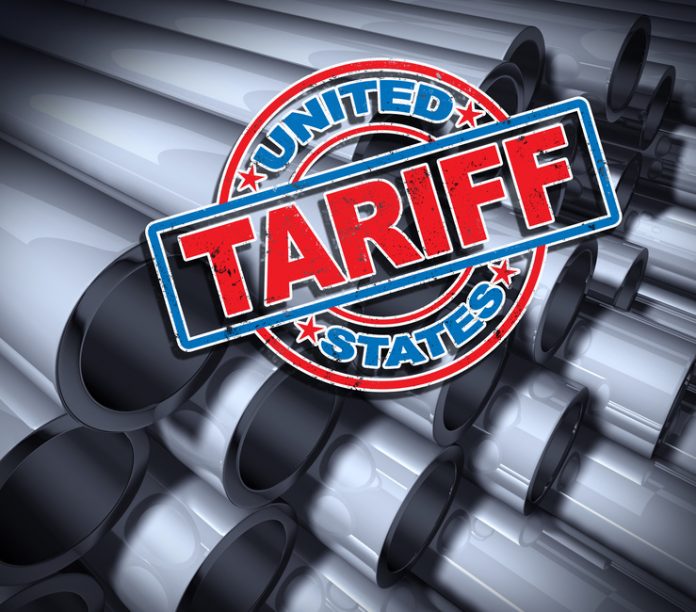
Are you a “car tinkerer?” It’s a hobby shared by many Americans. Each year, according to Hagerty Insurance, approximately 20 million Americans spend an estimated $1.5 billion annually on classic and antique cars, trucks and motorcycles, buying parts and working – eternally, in some cases – to restore them. With the proposal by the White House of 25 percent tariffs on the import of both automobiles and parts, classic car enthusiasts might find their hobby getting prohibitively expensive.
Roger Falcione, president of the Web site ClassicCars.com, which lists cars for sale, told CNN recently that he could see customers at least postponing purchases as parts become scarce. Even replacement parts for American cars, he emphasized, are often made in China. Many classic car owners need to literally shop the world for inventory, finding parts in Asia, Europe and beyond. Going forward, those purchases would be 25 percent more expensive should the tariffs become law.
While it may be hard to muster up too much sympathy for very wealthy classic car collectors, most people who own classic cars can’t easily absorb the hit.
“The hot rodders, the tinkerers, the people who modify cars — that’s a really, really big thing in America,” Mark Hyman of Hyman Ltd., a classic car dealership based in St. Louis, told CBS News. Hyman joined car dealers and owners at the Commerce Department’s hearing last month to request that classic cars be exempted from the proposed tariff.
There’s no doubt the tariffs will hurt the auto part industry not only for classic cars, but new and used vehicles, as well, since the proposed Commerce Department rule does not differentiate between them. According to the Auto Care Association, about 4.6 million people are employed across 533,000 auto parts businesses in the U.S., including manufacturers, distributors, retailers and repair shops. The industry accounts for sales of more than $392 billion.
“When you have a two, three, four, five percent tariff on a car or a part, you might be able to pass that cost along to the customer,” Hyman told classic car magazine Hemmings Daily. “But a 25 percent increase in anything… that’s not something you pass on. Basically it means you stop imports altogether. It has the potential to stop international trade in the vintage car industry.”












